This session hopes to address all of these challenges. It's led by automation and controls expert Dean Phillips (PMA’s newly named director of technical training) and Jim Meyers, senior stamping engineer with TCR Integrated Stamping Systems, and features input from Eric McClung, president of metal forming company R&S Manufacturing and Sales Co., Santa Paula, CA.
“End-of-press-line automation is a critical area—part handling slows the process—where companies can make gains on productivity,” Phillips explains. “This only may be second to the time lost with tooling changeover.”
In its May 2024 issue, MetalForming chronicled the efforts of R&S as it successfully installed and now operates a new stamping press with automated coil handling. This marked the company’s initial foray into metal stamping, as it had been an all-fabrication shop. With the press line running, McClung now contemplates ideas for adding automation to handle parts at the end of the line to free employees of tedious and potentially hazardous work.
During MetalForming LIVE, McClung will expand on his thoughts as to adding automation: why it’s needed and what it will need to do.
Science of Forming: Tackling Higher-Strength Materials
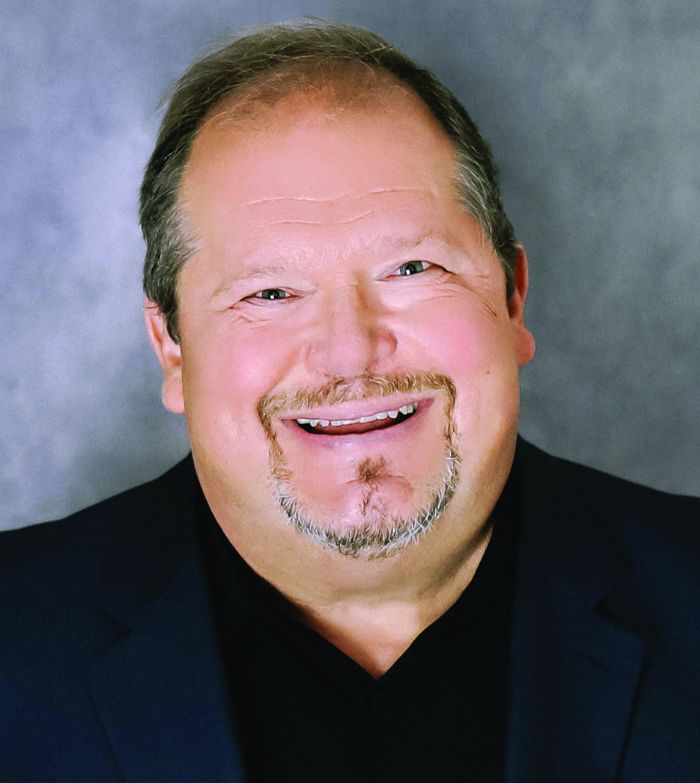 This session, on July 24, tackles the physics behind sheet metal cutting and forming, as metal formers must replace the traditional “mild steel way of thinking” with a more complete understanding of how newer higher-strength materials (steels and aluminum grades) impact the results seen in the pressroom.
This session, on July 24, tackles the physics behind sheet metal cutting and forming, as metal formers must replace the traditional “mild steel way of thinking” with a more complete understanding of how newer higher-strength materials (steels and aluminum grades) impact the results seen in the pressroom.
So explains panelist, MetalForming columnist and lead presenter Art Hedrick, himself a self-proclaimed “dieologist,” and who stresses the need for more tool and die professionals to also become dieologists. That is, scientifically based knowledge experts in how material properties and other metal forming process variables work together to form a “forming system.”
“The tremendous number of new higher-strength steel and aluminum grades in use requires stampers to recognize and understand the differences between forming mild steels and high-strength materials,” Hedrick says. “If not, they’ll get into trouble. And, it only makes matters worse when shops have inexperienced operators on the floor and in the toolroom.”
Fellow MetalForming LIVE panelist Danny Schaeffler agrees, adding: “If you don’t understand a key input into the ‘black box’—sheet metal properties—how do you expect to efficiently deal with all of the forming-related challenges? And, the challenges get bigger when the material gets stronger. Mild steels are forgivable, so you can have some variability in the system of inputs and still make ‘good-enough’ parts. But advanced materials—whether high-strength steel or aluminum—are far less forgivable to the process steps. Some stampers believe that their processes are under control, but oftentimes I see things differently. Every step along the way needs to be more rigorously tracked and managed.”
How does this play out in the pressroom? To tackle that topic we welcome panelist Vince Millioto, a metal forming specialist with automotive Tier One Martinrea. Top of mind for Millioto: die spotting and tonnage monitoring.
“Stamping these higher-strength materials requires bringing the art of die spotting back to prominence,” he says. “We must revisit the proper techniques for spotting dies and ensure that the people in the toolroom and the pressroom understand when, why and how to spot dies.”
Turning to tonnage monitoring—more specifically, “the proper use of tonnage monitoring,” continues Millioto, “the perception is that the tonnage reading coming from the control must be correct. However, I’ve come to understand that we must understand how the sensors and monitor work, what the data means, and learn how the data can be used along with the simulation results to truly gain control of the process.
“Treat the equipment and the data as a complete and synchronized system,” he stresses, “understanding that all of the process variables are interconnected.”
The panel will present a few real-life case studies to wrap up the session.
Press Brake Bending Best Practices
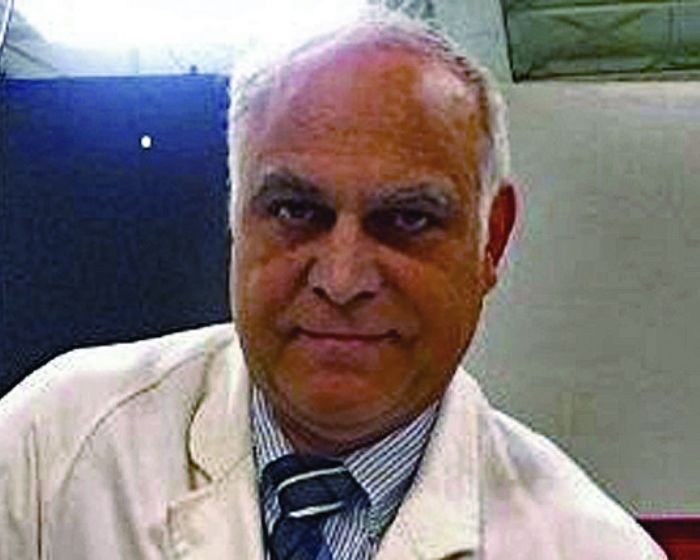 Press brake bending relies heavily on operator skill and know-how to ensure accurate forming, and deliver profitable fabricating operations. Tool knowledge, technique expertise and operational experience will help render perfect parts formed efficiently and profitably, and spare shops’ mangled parts headed for the scrap bin.
Press brake bending relies heavily on operator skill and know-how to ensure accurate forming, and deliver profitable fabricating operations. Tool knowledge, technique expertise and operational experience will help render perfect parts formed efficiently and profitably, and spare shops’ mangled parts headed for the scrap bin.
In this live panel discussion on August 6, three press brake experts will share their bending knowledge. First up: Paul LeTang, also known as “Doctor Bender,” will discuss manufacturability. “I’ll display and discuss some deformed metal parts,” he says, “the end result of errors made, then step back to where the bending operator or designer took a wrong turn, and then step back even further to the correct actions that would have resulted in good parts.”
LeTang also will touch on too-sharp bends, too-tight clearances, bending sequence and tooling selection. Veteran LeTang draws from his deep, past experience as a technical advisor for Bystronic, and currently as an independent consultant.
Joining LeTang on the panel is Justin Talianek, a rising star as lead press brake operator for Keystone Fabricating, Bethlehem, PA. He’s slated to share some creative approaches he has learned during his 10-yr. experience tackling press brake challenges.
“I’ll present ideas to the audience on how to manage bends with holes located close to the fold, as well how to form optimal V-bends and large-radius bends without custom tooling,” he says.
You can read Talianek’s excellent articles outlining creative bending approaches in the May and June-July issues of MetalForming.
Our expert panel also includes John Waller, Wilson Tool Intl. regional sales manager, who will take a deep dive into press brake tooling selection and tool-coating specification. He’ll lend his industry knowledge to advise online attendees on when it makes financial sense to purchase specialized tooling, and how to maintain tooling in prime condition for optimal results. MF
Technologies: Management
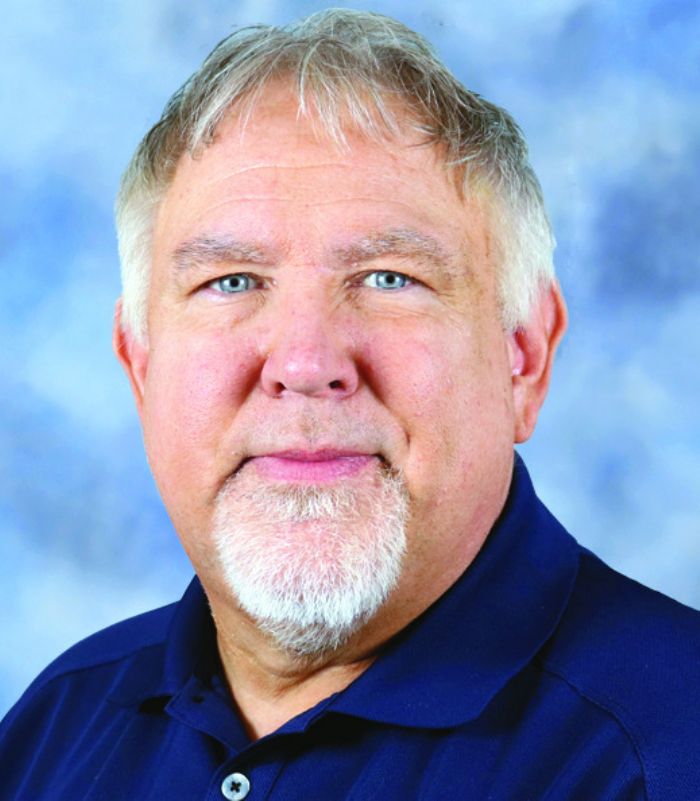 End-of-press-line automation, MetalForming LIVE’s 2024 kickoff topic, 2-3:30 p.m. ET on July 10, doesn’t quite have the star power of other line automation such as press tending, coil handling and blank feeding. But that said, metal formers watching their press lines idling as a bottleneck develops in removing newly formed parts and scrap may as well be throwing their money over Niagara Falls.
End-of-press-line automation, MetalForming LIVE’s 2024 kickoff topic, 2-3:30 p.m. ET on July 10, doesn’t quite have the star power of other line automation such as press tending, coil handling and blank feeding. But that said, metal formers watching their press lines idling as a bottleneck develops in removing newly formed parts and scrap may as well be throwing their money over Niagara Falls. 





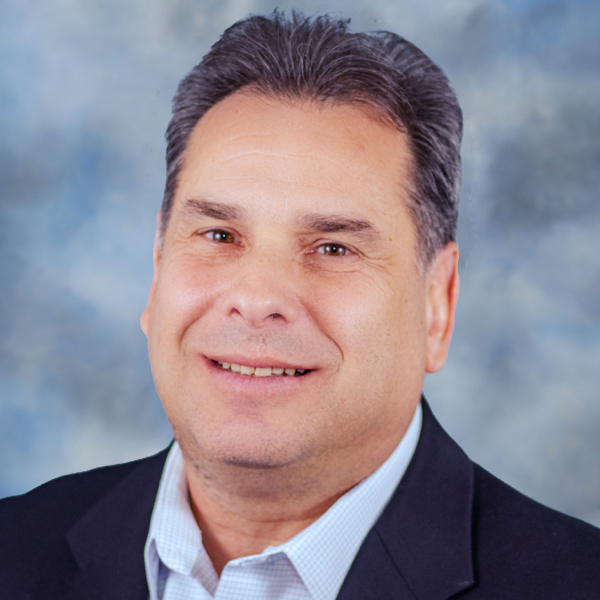
 This session, on July 24, tackles the physics behind sheet metal cutting and forming, as metal formers must replace the traditional “mild steel way of thinking” with a more complete understanding of how newer higher-strength materials (steels and aluminum grades) impact the results seen in the pressroom.
This session, on July 24, tackles the physics behind sheet metal cutting and forming, as metal formers must replace the traditional “mild steel way of thinking” with a more complete understanding of how newer higher-strength materials (steels and aluminum grades) impact the results seen in the pressroom. Press brake bending relies heavily on operator skill and know-how to ensure accurate forming, and deliver profitable fabricating operations. Tool knowledge, technique expertise and operational experience will help render perfect parts formed efficiently and profitably, and spare shops’ mangled parts headed for the scrap bin.
Press brake bending relies heavily on operator skill and know-how to ensure accurate forming, and deliver profitable fabricating operations. Tool knowledge, technique expertise and operational experience will help render perfect parts formed efficiently and profitably, and spare shops’ mangled parts headed for the scrap bin.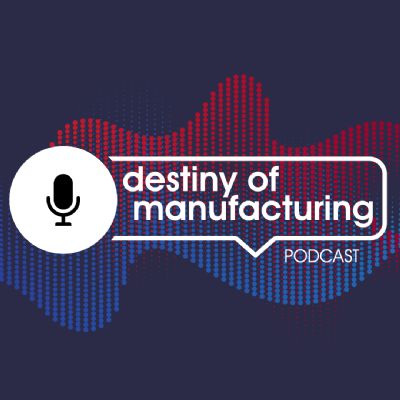
 Podcast
Podcast